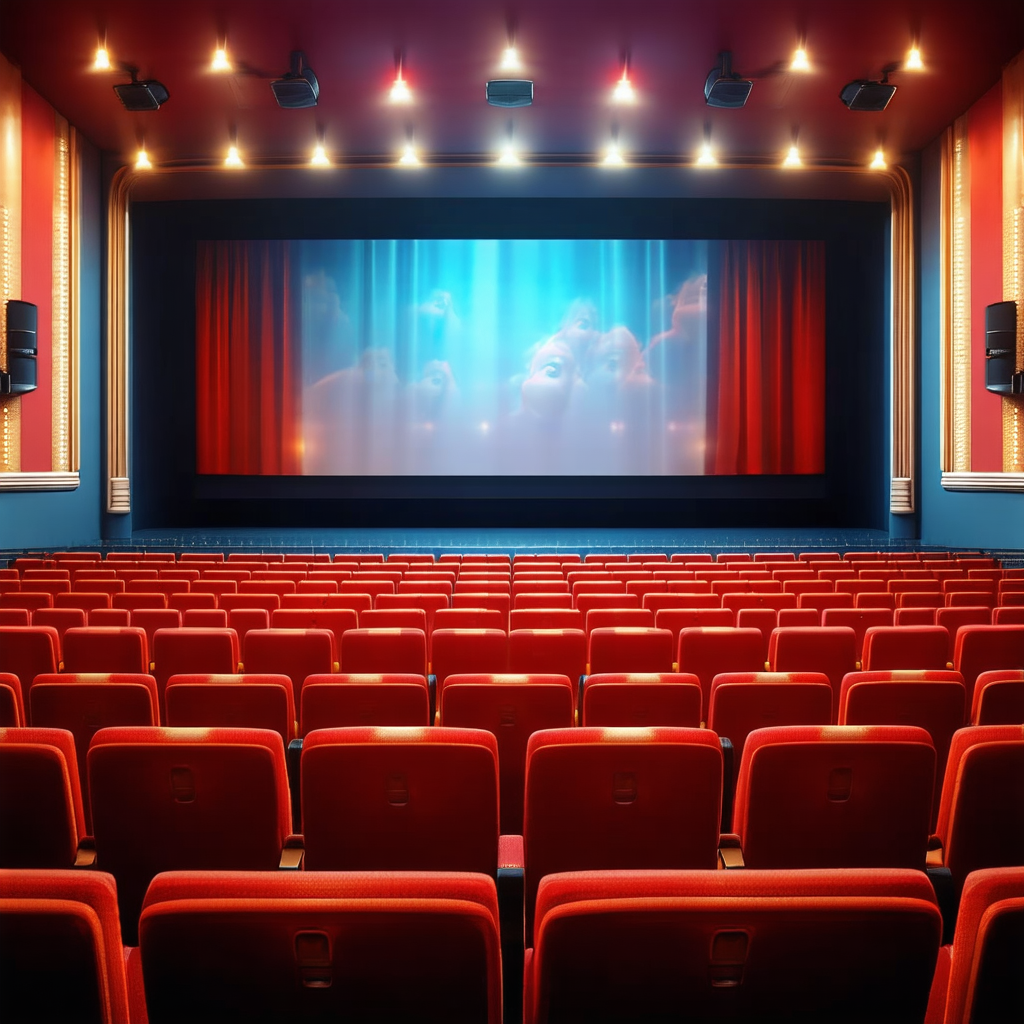Reality TV has been a staple of modern entertainment for decades, with shows like “Survivor,” “Big Brother,” and “The Bachelor” captivating audiences and dominating ratings. But despite its popularity, reality TV has also been criticized for its potential negative impact on society. In this article, we’ll explore the effects of reality TV on society and examine whether its influence is ultimately positive or negative.
The Positive Impact of Reality TV
One of the most significant positive impacts of reality TV is its ability to bring people together. Shows like “American Idol” and “The Voice” have created a sense of community among viewers, who tune in each week to watch their favorite contestants compete. Reality TV has also provided a platform for talented individuals to showcase their skills and gain recognition, often leading to successful careers in music, acting, or other fields.
Reality TV has also been credited with promoting social change. Shows like “Queer Eye for the Straight Guy” and “What Not to Wear” have helped to challenge traditional notions of beauty and fashion, promoting self-acceptance and self-expression. Other shows, like “The Biggest Loser” and “Extreme Makeover: Weight Loss Edition,” have encouraged viewers to adopt healthier lifestyles and make positive changes to their bodies and minds.
The Negative Impact of Reality TV
Despite its potential benefits, reality TV has also been criticized for its negative impact on society. One of the most significant concerns is the promotion of unrealistic and unhealthy beauty standards. Shows like “The Real Housewives” and “Keeping Up with the Kardashians” often feature women who have undergone extensive plastic surgery and other cosmetic procedures, perpetuating the idea that beauty is only skin-deep.
Reality TV has also been accused of promoting aggressive and confrontational behavior. Shows like “The Real World” and “Road Rules” often feature contestants who engage in physical and verbal altercations, setting a bad example for young viewers. Other shows, like “The Bachelor” and “Temptation Island,” have been criticized for their portrayal of relationships and romance, often featuring manipulative and exploitative behavior.
The Impact on Mental Health
Reality TV has also been linked to negative effects on mental health. Shows like “The Real Housewives” and “Keeping Up with the Kardashians” often feature contestants who are obsessed with their appearance and engage in extreme behaviors to maintain their physical appearance. This can perpetuate body dissatisfaction and low self-esteem among viewers, particularly young women.
Furthermore, reality TV has been accused of promoting a culture of narcissism and entitlement. Shows like “The Bachelor” and “Temptation Island” often feature contestants who are self-centered and manipulative, perpetuating the idea that the only way to succeed is to prioritize one’s own needs and desires above all else.
The Impact on Children and Young People
Reality TV has also been criticized for its potential impact on children and young people. Shows like “Toddlers and Tiaras” and “Here Comes Honey Boo Boo” often feature young children who are encouraged to engage in adult-like behaviors, such as competing in beauty pageants or performing in provocative costumes. This can perpetuate the idea that children are mini-adults, rather than vulnerable and impressionable young people who require guidance and protection.
Furthermore, reality TV has been accused of promoting a culture of celebrity worship among young people. Shows like “The Kardashians” and “The Real Housewives” often feature contestants who are famous for being famous, rather than for any actual talent or achievement. This can perpetuate the idea that fame is the ultimate goal, rather than encouraging young people to pursue meaningful and fulfilling careers.
Conclusion
The impact of reality TV on society is a complex and multifaceted issue. While reality TV has the potential to bring people together and promote social change, it also has the potential to promote unrealistic and unhealthy beauty standards, aggressive and confrontational behavior, and a culture of narcissism and entitlement.
Ultimately, the impact of reality TV on society depends on the type of shows that are produced and the messages that they convey. By promoting positive and uplifting content, reality TV can have a positive impact on society. However, by perpetuating negative and unhealthy behaviors, reality TV can have a negative impact on society. As consumers of media, it’s up to us to demand better from the shows we watch and to promote positive and uplifting content.


